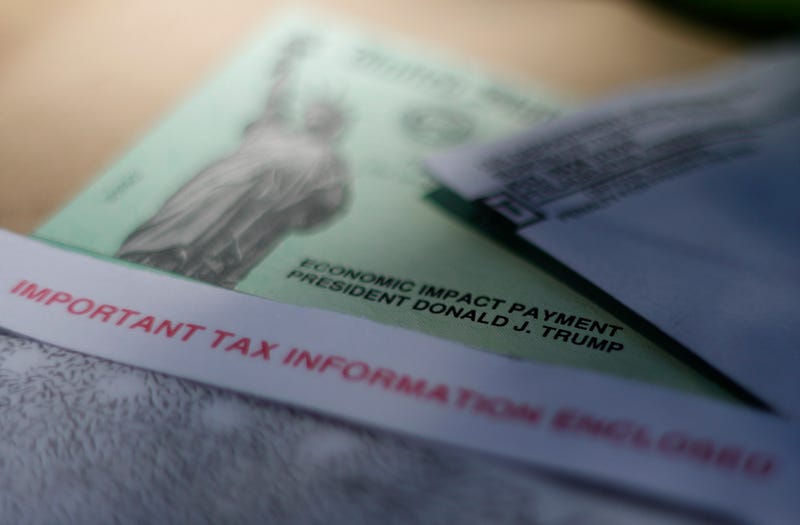
WASHINGTON (AP) — The U.S. government starts phasing out paper checks for most programs on Tuesday.
The change, which was initiated through an executive order signed by President Donald Trump in March, will affect recipients of benefits including Social Security, Supplemental Security Income and tax refunds.
Trump's Republican administration argues the shift of all payments and collections to electronic methods is designed to protect taxpayers from fraud and stolen checks, speed up processing and cut costs. But advocates fear that the shift will hurt marginalized Americans who lack access to digital services and may not even know this phase-out is coming.
"A lot of claimants move around and don’t always get their mail,” says Jennifer Burdick, a divisional supervising attorney in the SSI Unit at Community Legal Services in Philadelphia. “And the folks that I represent who get paper checks mostly learned from me about this transition.”
Roughly 10% of Burdick’s clients receive paper checks. She worries that new recipients who need a paper check to open a checking account at a bank will find it difficult or even nearly impossible to get that done after the phase-out.
Nearly 400,000 Social Security and SSI recipients receive their benefits through paper checks. That amounts to less than 1% of the 70.6 million retirees, disabled people and children who receive Social Security benefits.
Instead of paper checks, they will receive a direct deposit or a Direct Express card, which is intended for people without a bank account. However, the Social Security Administration says it will still issue paper checks if no other options are available.
“Where a beneficiary has no other means to receive payment, we will continue to issue paper checks,” the SSA says.
Kathleen Romig, the director of Social Security and disability policy at the Center on Budget and Policy Priorities, notes that the people most affected by this change tend to be the most vulnerable, "often unbanked or unhoused, and lacking in the tools and skills they need to access digital services.” There are reasons they haven’t made the switch yet — some people's mental health crises make them wary of financial institutions, and others simply don’t have enough money to open a bank account.
“This is a population that can’t afford to miss a payment, so it’s very important that the Trump administration manage the transition without interrupting their benefits," Romig said.
Nancy Altman, president of Social Security Works, an advocacy group for the preservation of Social Security benefits, calls the phase-out of paper checks unnecessary.
“If it’s not handled right, it will be devastating” for people who are unaware of the change and have limited incomes, Altman said. “I think anyone should be able to get a paper check. And while less than 1% is getting a check, that’s still a lot of people."